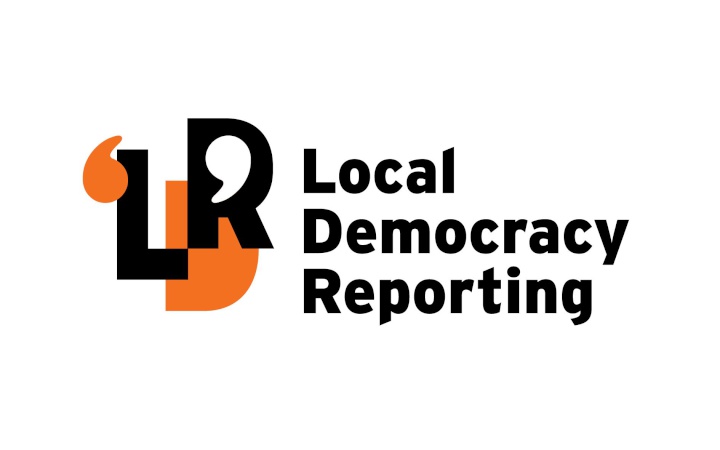South Auckland residents will be hit hard by proposed congestion charging due to a lack of reliable and affordable public transport, local board representatives say.
Auckland Council’s draft long-term plan (LTP) proposes to introduce road charges during peak times.
Ōtara-Papatoetoe local board chair Apulu Reece Autagavaia said the proposal doesn’t consider the needs of South Auckland households.
“A lot of families find it more economical to travel by car than through public transport.
“The [Auckland Transport (AT)] hop card might be worthwhile for an individual, but when you add in a family of five, it does become more costly,” he said.
Private vehicles are a need for a lot of the community, who don’t have a reliable alternative, he said.
“If public transport is not consistent, reliable and affordable, then we're going to have to stay in our cars," he said.
“Public transport is a worry and not of quality to make me confident that congestion charging should be introduced, because it will force people to either pay or rely on an unreliable public transport system.
Autagavaia said they are worried how it will affect communities reliant on cars.
“We're going to be the ones paying that congestion charge, not out of choice but because we're forced to do it.”

Public transport is in a period of transition, he said.
“When it works it works really well, but when it doesn't we're really stuck out there.
“When the trains don't work, it's our people that are commuting from afar, who are late for school and don't make it to work on time,” Autagavaia said.
Māngere-Ōtāhuhu local board chair Tauanu’u Nanai Nick Bakulich agreed congestion charges would worsen transport issues in South Auckland.
“We are being hit hard, which is really unfortunate.
"Under the current political climate, it's the people at the bottom that are getting hit the hardest,” Bakulich tells Local Democracy Reporting.
Public transport subsidies also ended this month, meaning the community has been hit twice as hard, he said.
“It’s disheartening when we see investment taken away in key areas that will affect services in high deprivation areas.”
“Our local board has been advocating for free public transport [for South Auckland], if not for all of Auckland,” Bakulich said.
On top of affordability, he said there should be more investment in specialised routes in Māngere to connect residents to vital, local services like the town centre, supermarkets, medical clinics and Auckland Airport.
Autagavaia agreed free public transport is the best option, but is hopeful that the LTP’s proposed $50-weekly public transport cap for adults will help curb costs.
“It's not the full answer because again, the reliability of public transport will take a long time to fix,” he said.
AT executive programme director Mark Lambert said no decisions have been made around the specifics of the congestion charging scheme, but that the council-controlled organisation will start planning it in the coming weeks.
“A lot of design work still needs to be done ... including impact assessments,” Lambert said.
“We will absolutely be considering the impact on Aucklanders depending on where any scheme could be located."
“As part of that process, we will be looking at the costs and benefits across all different parts of the commute [network] and considering the impact on communities using the transport network,” Lambert said.
When asked about the reliability of public transport in South Auckland, Lambert said: “We recognise there is transport deprivation in parts of the city, including South Auckland.”
“We will be considering what alternative transport options are available to people in the areas we're looking at,” he said.



 Gordon Campbell: On Why Leakers Are Essential To The Public Good
Gordon Campbell: On Why Leakers Are Essential To The Public Good NZ Police: Operation Purple | Anti-Social Road User Gathering In Levin
NZ Police: Operation Purple | Anti-Social Road User Gathering In Levin New Zealand Defence Force: The Latest Update On The HMNZS Manawanui Response
New Zealand Defence Force: The Latest Update On The HMNZS Manawanui Response NZCTU: NZCTU Release Detailed Budget 2025 Analysis
NZCTU: NZCTU Release Detailed Budget 2025 Analysis Department of Conservation: DOC Reveals Surprising Toilet Paper Stats
Department of Conservation: DOC Reveals Surprising Toilet Paper Stats NZ Government: Consultation Opens On Sweeping Overhaul Of Primary Sector Regulations
NZ Government: Consultation Opens On Sweeping Overhaul Of Primary Sector Regulations Manaaki Whenua Landcare Research: How Have Our Garden Birds Been Tracking Since 2014?
Manaaki Whenua Landcare Research: How Have Our Garden Birds Been Tracking Since 2014?


